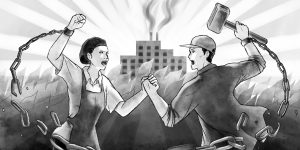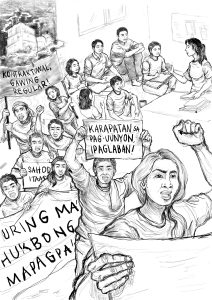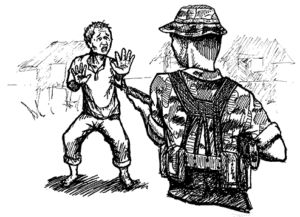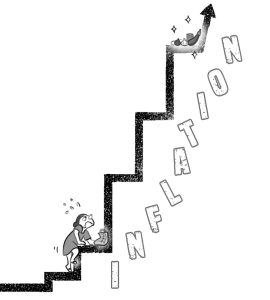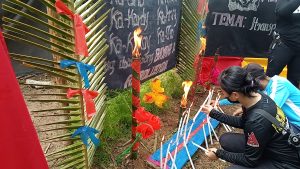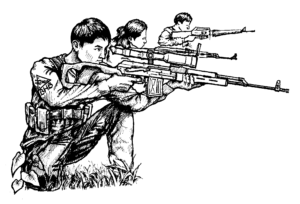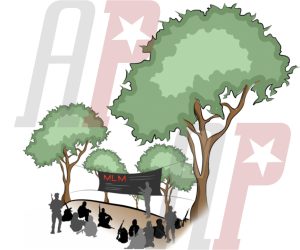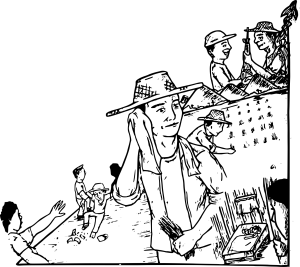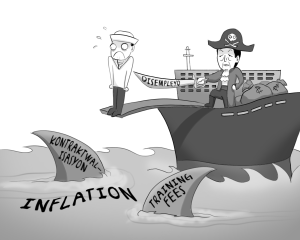Correspondence People's army holds LitNum classes in Isabela

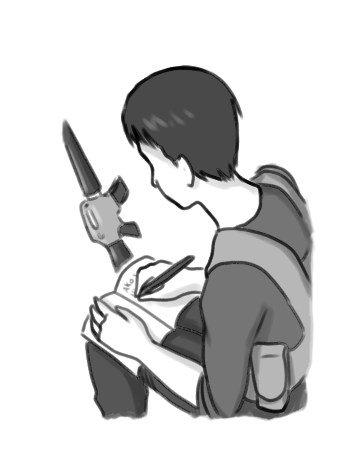
Many of the Red fighters in Isabela in Cagayan Valley hail from the masses of peasants and national minority people. They are among the most oppressed and neglected sectors of society. As a result, many of them have not attended school, and have difficulty reading, writing and doing simple math, if they are even able to.
To correct this neglect and advance their right to education, a people’s army unit developed in Isabela a Literacy and Numeracy or LitNum program designed for them. Formal classroom-style studies are undertaken where two or more students of equal ability participate.
This practice produced a curriculum for comrades who already know how to read and count to continue developing their skills. It is anchored in the tasks they perform within the people’s army. It is designed to give them more confidence to lead political activities among both fighters like them and among the masses. Some of the main focus were: Reading and Comprehension, Listening and Understanding, Creative and Technical Writing, Basic Math, and Public Speaking. This was effectively taught through a variety of creative methods and cultural activities. There are also studies on science and history that are open to all Red fighters.
A proven effective method is “Song Analysis” that aims to train comrades in listening to and sharply analyzing the message of songs, news or studies. This is a favorite of music lovers. There was also a workshop on poetry and essay writing in line with revolutionary themes to monitor progress in the spelling of words and constructing sentences or verses.
Science and history classes are completed with tests that push comrades to listen carefully and take notes during discussions. Comrades who could not yet write are encouraged to copy words (in the visual aids) aided by those who know how to write. This helps in memorizing details especially when confronted with new words.
There are also “Clue hunts” in which “clues” hidden in various parts of the camp are found by following instructions given in each one. They must find and answer all of them before the allotted time runs out.
“Skills sharing” are linked to production such as laying traps, skinning rattan, finding (vegetable) shoots, and others, in order to raise the spirit of learning from each other between teachers and students. Another way is developing a Dictionary of Marxism-Leninism-Maoism containing common words used in the studies. The student gives brief explanations based on his understanding, guided by his teacher. This significantly helps prepare students in taking the party courses.
Dealing with comrades with possible dyslexia
The instructors group developed a curriculum that is adapted to the reading difficulty of a comrade with dyslexia. (Dyslexia is a condition in which one finds it hard to identify letters and numbers making reading and writing difficult to learn).
To aid the learning process, a student is asked to use pieces of wood and strings to create shapes of letters and numbers that one forgets or cannot distinguish from each other when written. Since the comrade is also training as a medic, a large image of a thermometer and sphygmomanometer was drawn to help in numeracy training, along with many other visuals to help study acupuncture and names of drugs.
This happy experience resulted in a high appreciation for continuing study and a vibrant spirit of education. The unit quickly reached 100% level functional literacy. The students were trained well in reading, counting, calculating and writing in just a short period of time. Criticism and self-criticism meetings helped both teachers and students in improving the materials and methods used in the LitNum Program.s

